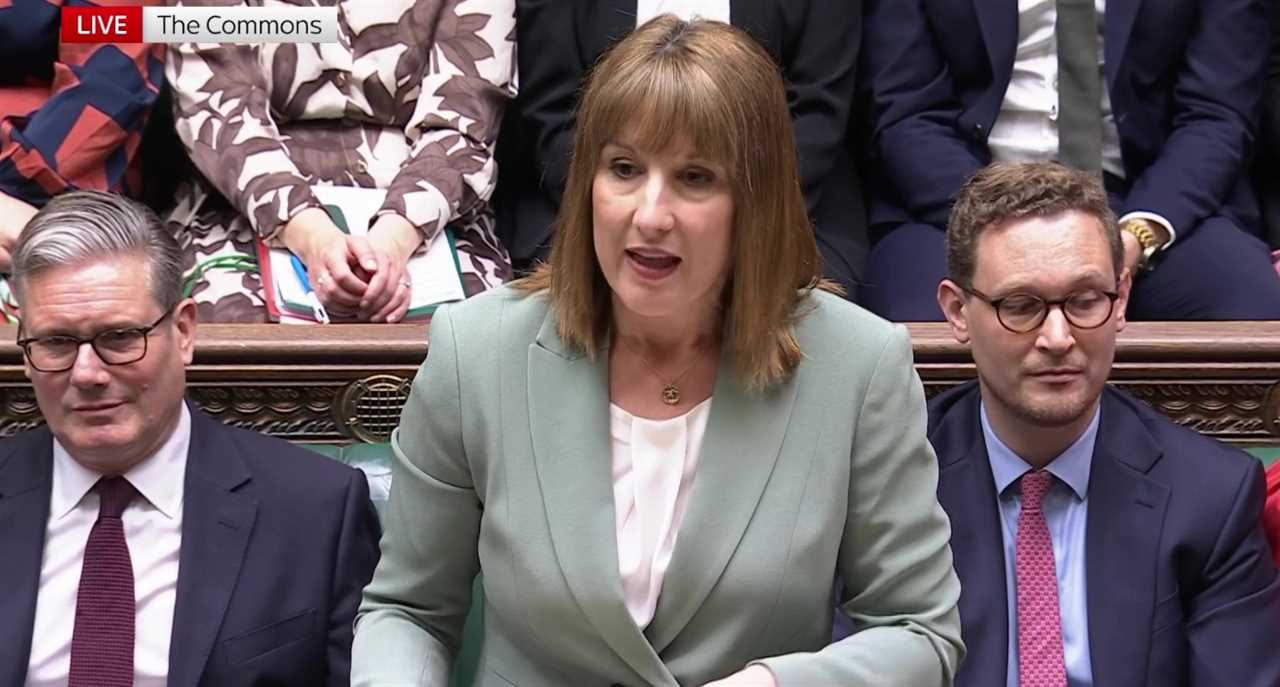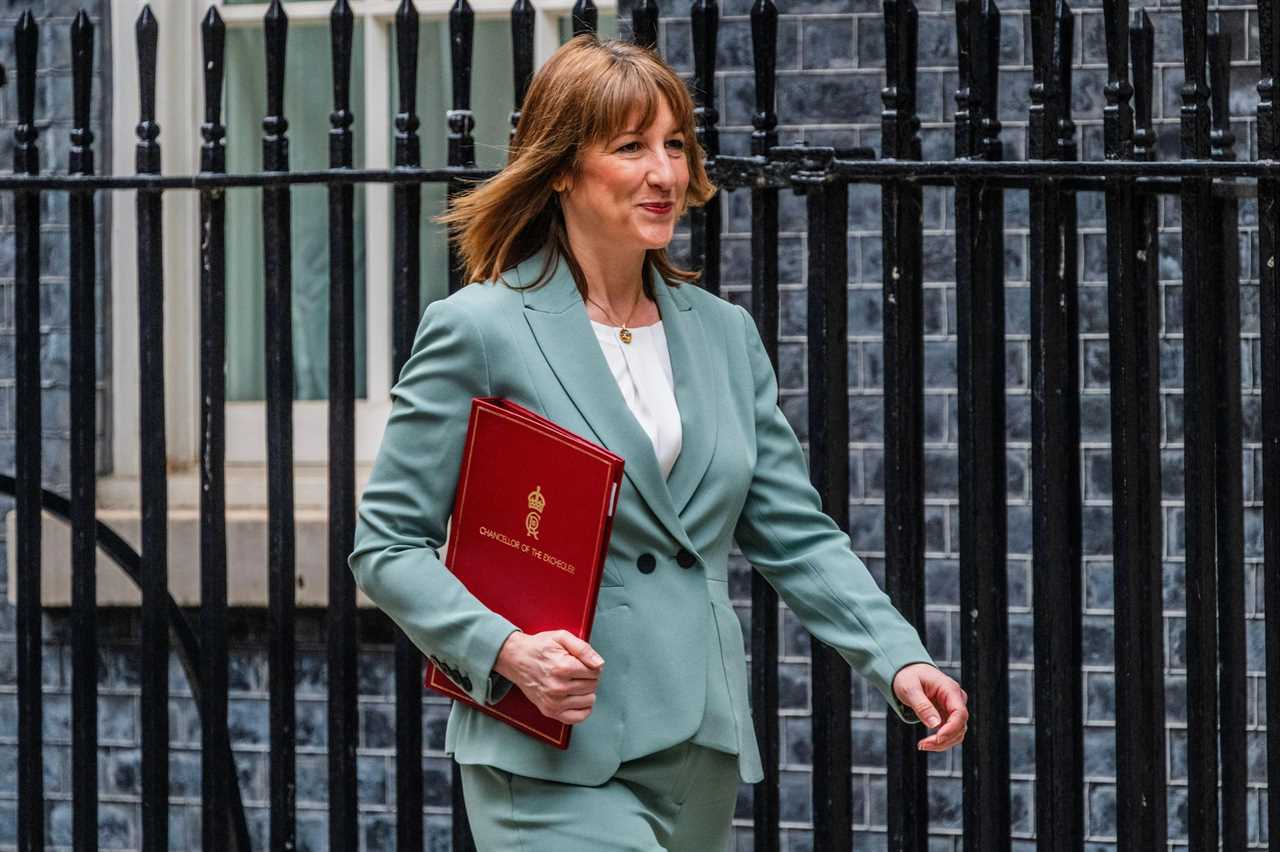
In a significant move with broad implications, Rachel Reeves has outlined plans to overhaul asylum policies, potentially saving taxpayers £1bn annually, while simultaneously injecting £11 billion into defence spending. The nuanced approach aims to address complex challenges in border control and security.
Reforming Asylum Policies: A Multifaceted Approach
Reeves' proposal to phase out costly asylum seeker hotels signals a shift towards more sustainable and efficient accommodation solutions, potentially easing the burden on public funds. While this move showcases a commitment to fiscal responsibility, questions arise regarding the immediacy of action versus long-term planning.
The Defence Strategy: Balancing Security and Renewal
The significant financial injection into the Ministry of Defence, coupled with a boost for intelligence services, reflects a broader strategy to enhance national security in an era marked by heightened uncertainties. Reeves' emphasis on job creation and regional investments underscores a nuanced approach to defence spending that extends beyond military capabilities.
Border Management and Illegal Migration: A Crucial Investment
The allocation of £100 million to tackle illegal migration, alongside intensified border security measures, represents a targeted effort to address pressing challenges in managing migration flows. By deploying resources for border control enhancements, the government aims to navigate complex issues surrounding immigration and security.

Labour's Vision: Navigating Complexities in Policy
Against a backdrop of escalating Channel crossings and ongoing financial pressures related to migrant accommodation, Labour's approach seeks to strike a delicate balance between security imperatives and humanitarian considerations. The collaborative efforts of Reeves and Home Secretary Yvette Cooper underscore a commitment to navigating intricate policy landscapes.
In the midst of evolving global dynamics and domestic challenges, the proposed reforms signal an attempt to align security imperatives with fiscal prudence. As the intricate interplay between asylum policies, defence spending, and border management continues to unfold, the implications of these strategic decisions reverberate both locally and globally.






